Breastfeeding protects your baby from all kinds of illnesses, but sometimes your baby gets sick anyway. You know that nursing your sick baby will help them, but it’s hard when they’re congested, fussy, spitting up. How do you manage?
Maybe it was from daycare. Perhaps it was from last week’s playdate with your cousin and their little ones. Perhaps it was from one of the hundred questionable things they tried to put in their mouth.
Wherever it came from, your baby is sick. Yes, breastfeeding provides excellent protection against illnesses, but it’s still possible that your baby will come down with a cold, virus, or infection. And if that happens, make sure you’re prepared with these tips and tricks for breastfeeding through an illness.
Breast milk does more than protect your baby against the big, scary diseases out there. It also guards your baby against the common cold, flu, and other run-of-the-mill illnesses.
That’s because your breast milk helps sense and detect pathogens your baby is exposed to. Each time your baby nurses, saliva transmits information about his or her immune system to your breast milk — and your breast milk’s composition adapts to that information. As a result, it shifts nutrients and antibodies to help your baby fight off pathogens when ill.
Breastfeeding provides another benefit to your sick baby — comfort. Skin-to-skin contact helps calm your baby and regulates his or her mood and body temperature when feeling out-of-sorts.
“When your baby isn’t feeling well, the most comfortable place in the world is being cuddled close to their parent, especially while nursing,” reminds Nest Collaborative IBCLC, Robin Williams.
But even though breastfeeding is good for your baby, we’ll admit that it’s not always easy to breastfeed a sick baby. Your baby may be congested, fussy, disinterested in nursing, and more. So how do you help your baby?
Whether you’re dealing with a common cold, allergies, or some other cause, congestion is common among all age groups. Unfortunately, it’s also unpleasant. A stuffy nose or runny nose and congestion can keep you awake and make you grumpy.
If your baby’s congestion is because of a cold, have patience. Colds clear up on their own within 5 to 10 days. That being said, 5 to 10 days is a long time for your baby to live with congestion. Here are a few ways you can ease your baby’s discomfort, both before and during nursing:
Knowing how to interpret a fever in babies can be tricky. Were they playing too hard? Are they teething? Or is it an illness?
Fevers in babies can be caused by viruses, bacterial infections, overheating, immunizations, and teething. If your baby has a slightly elevated temperature that passes after a day, it’s likely nothing to fret over. However, if the temperature remains higher than usual for longer than 2 days, it’s essential to take action. But what exactly constitutes a fever for babies? Here’s an overview:
If your baby is younger than 2 months old, don’t give any medication for fever without consulting your healthcare provider first. After 3 months of age, Tylenol can be safely given in the recommended dosage for fever control. However, remember that fever medication doesn’t treat the underlying cause of the fever — it’s just a temporary measure.
Breast milk, however, can help your baby when they have a fever. This is because breastfeeding provides much-needed hydration, comfort, and antibodies for virus- and bacteria-induced fevers. That being said, bringing down a fever may require more than just breastfeeding.
Breastfeeding is associated with a reduced risk for earaches and ear infections for babies, but that doesn’t mean they don’t happen. And when they do, boy, are they painful. Symptoms can include:
Because of the discomfort of nursing with an earache, nursing sessions might be shorter and less frequent. That means your baby may take in less milk, and your milk supply may drop. Protect your baby AND your milk supply by doing the following:
If your child’s earache continues for more than 48 hours, contact your healthcare provider to talk about diagnosing an ear infection and the appropriate course of treatment.
Allergies, congestion, upper respiratory issues, and a hard-to-shake cough are many causes of sore throats. To be fair, it’s sometimes hard to know if your baby has a sore throat when pre-verbal. Look for signs like:
But sore throats happen to babies, and breastfeeding (breast milk) can provide much-needed relief. The first thing to do is keep your baby hydrated — offer the breast as often as possible. Note that for babies with inflamed throats, cool liquids might be more soothing than warm. To help with this, try the following:
While honey is a popular home remedy for sore throats, remember that babies under 12 months shouldn’t have honey or products with honey in them.
Ugh, upset stomachs and diarrhea are no one’s friend. Thankfully, they do occur less with breastfed babies — but they can still happen, especially if your child is in daycare or participates in playgroups. (Plus, babies tend to put everything in their mouths — great for exploring the world, not so great for hygiene!)
It can be hard to figure out if your baby’s stools are normal or problematic when it comes to diarrhea. That’s because breastfed babies tend to have softer, looser stools than formula-fed babies. Plus, as we frequently point out, all babies are different. Some breastfed babies poop once a day, and others poop more than six times.
So how do you know when there is a problem? Pay attention to frequency and consistency. If there’s a notable change that lasts more than three poops, then it might be diarrhea.
Both upset stomachs and diarrhea can lead to dehydration, so it’s critical to nurse your baby often. Keep an eye on the number of diapers — and don’t hesitate to contact your baby’s healthcare provider if your baby is not producing enough for his or her stage of development. In the meantime, try these tips for helping your baby feel better:
Given the very real threat of the pandemic over the last year, it’s understandable to worry about what you should do if your baby has COVID-19. So let’s talk about it.
First of all, COVID-19 is generally not serious for babies. That being said, according to the Centers for Disease Control and Prevention (CDC), “babies under 1-year-old might be more likely to have a severe illness from COVID-19” than toddlers and older children.
That’s why it’s essential to pay close attention to COVID-19 symptoms in your baby. Symptoms mirror those in adults, including:
If your baby shows signs of COVID, it’s essential to follow the current evidence-based precautions for preventing spread:
Caring for your baby when he or she has COVID means treating and monitoring the symptoms. Follow the tips above for managing congestion, fever, sore throat, and diarrhea.
Breastfeeding may offer your baby benefits in fighting COVID. A new study in the Journal of the American Medical Association (JAMA) reported that the COVID-19 vaccine creates a strong secretion of antibodies in breast milk up to 6 weeks after vaccination. The study also cites similar responses found in breastfeeding parents who had COVID.
No matter why your baby is sick, it’s hard. The parent in you wants to do everything possible to ease your baby’s symptoms and help him, or her recover quickly. You can’t will your baby to get better, but you can provide comfort. And that, in and of itself, is a lot.
So offer lots of snuggles and one-on-one time, skin-to-skin care, plenty of rest, and as much nursing or breast milk as possible. Don’t worry about your to-do list during this time — you’ll catch up later.
Some babies, when they’re sick, want to nurse constantly. That’s great — it makes keeping them hydrated and comfortable easier. But if your baby refuses to nurse, that can be more stressful.
To encourage nursing, try to encourage longer sessions during sleepy moments — right before bed and just when your baby is waking up. You can also offer breast milk popsicles or spoon-feeding a breast milk slushie to help soothe sore throats.
We hope your baby feels well soon. We’re here to answer your questions and help you find solutions in the meantime, though. Book a convenient online video appointment with a Nest Collaborative IBCLC today.
